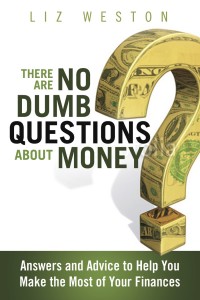Dear Liz: I just turned 65 and have left my job for a part-time position. My 401(k) is being transferred to a new investment company that I’ve never heard about before. Their fees seem to be lower. Is there a website where I can compare different firms?
Answer: There is. BrightScope at http://www.brightscope.com analyzes and rates the 401(k) plans of more than 46,000 companies. The ratings take into account total plan cost, investment options and the company match, among other factors. You find the ratings by entering the name of your employer, rather than that of the 401(k) manager.
If you investigate and decide you’re not comfortable with the new investment manager, you should have the option of rolling your account into an IRA, since you’ve left your old job.
